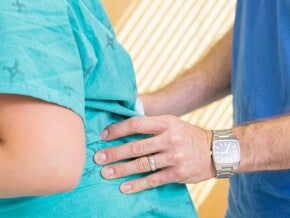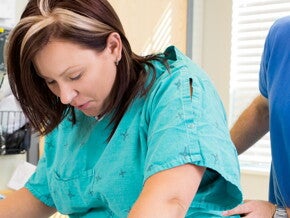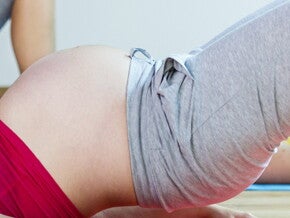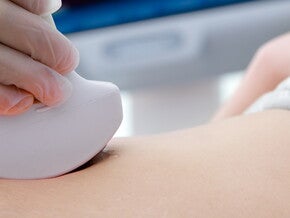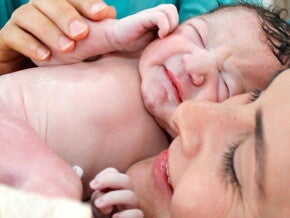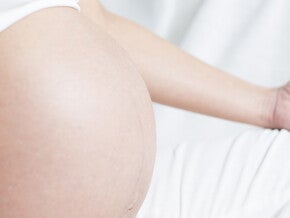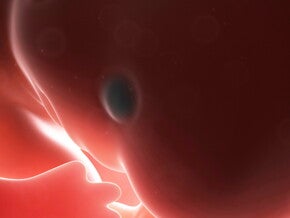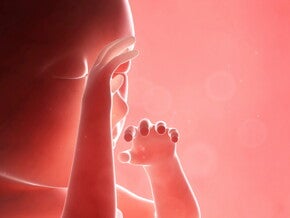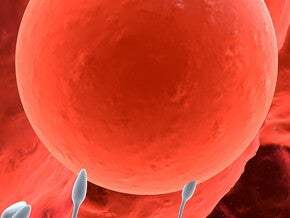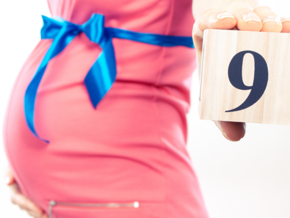
Pregnancy is an exciting time, full of changes and anticipation. Your baby’s growing month by month as she gets ready to be welcomed into the world, and in about 40 weeks, she’ll be ready to make her debut.
These 40 weeks are divided into three-month segments called trimesters, and each trimester is full of impressive development Milestones.
1st Trimester
The first trimester is an amazing time when the single-celled embryo grows rapidly, developing into a foetus with all major organ systems.
Month 1
Conception usually happens in the middle of your menstrual cycle. But, remember, when your doctor calculates your due date, she’ll add 40 weeks to the date when your last period began. From the very first day after fertilization, your tiny zygote (created when the sperm and egg unite) goes through rapid cell division and multiplication, travelling down the fallopian tube and eventually becoming an embryo when it reaches the womb.
Month 2
By this stage your baby’s well on her way to becoming a remarkable little human being. Her main organs have started to form, and she has fingers, toes and tiny bumps on either side of her head that are early ears.
Month 3
Your baby is now called a foetus and she’s about the size of a grape. She has all of her organ systems in place, and she starts to move. With stimulation, she may squint, open her mouth and flex her fingers and toes. Brain function is also beginning. Your baby’s head is becoming more rounded, and her brain, nerves and muscles begin to function.
2nd Trimester
Baby’s organs are beginning to develop and mature. She’s about the size of a grapefruit now, and covered with a creamy, white substance (vernix caseosa) that protects her skin from exposure to amniotic fluid. Like many women in this trimester, you may feel great energy, strength and happiness. You may not feel as much morning sickness, and your pregnancy starts to show.
3rd Trimester
By the last two months of pregnancy, baby’s five senses are fully developed. In fact, she’s making lots of progress in physical, social and cognitive development.
Physical development
- Makes coordinated sucking movements.
- Swallows amniotic fluid, which may introduce her to flavours from Mom’s diet.
Social development
- Hears people talk and distinguishes among some speech sounds.
- Recognizes music that is played repeatedly.
- Twins may interact in the womb.
Cognitive development
- Explores her own hands and face through touch.
- Responds to sounds with movements and a change in heart rate.
- Her brain activity also changes in response to sounds.

